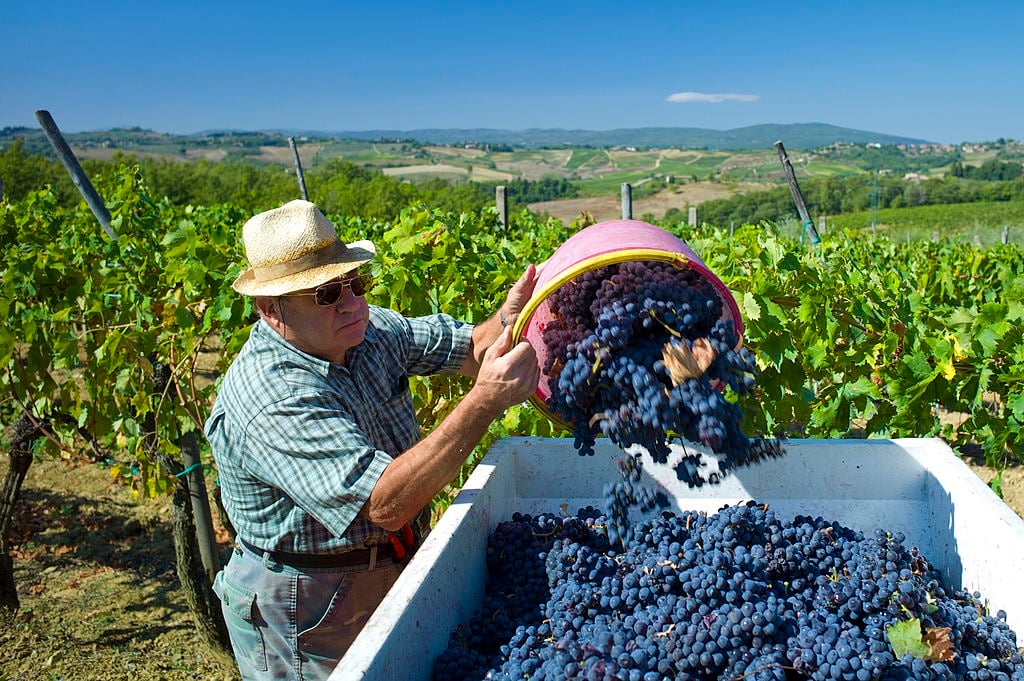
Alcohol ban resulted in 18 000 job losses in wine industry - Vinpro
by Sadé AllcockAlthough liquor sales are allowed from 1 June, the two-month ban on the sale of alcohol, combined with a ban on exports, has had a devastating impact on the wine industry.
According to figures released by Vinpro on Thursday, about 80 wineries and 350 producers have gone out of business, and 18 000 workers have lost their jobs, GroundUp reported.
It is an industry advocate "non-profit company which represents 2 500 South African wine producers, cellars and stakeholders".

Unharvested grapes dry on the vine outside Rawsonville. The wine industry has suffered huge losses due to the ban on alcohol and exports during the Covid-19 lockdown. (Steve Kretzmann)
According to Vinpro, the industry lost R200 million per week on exports over the lockdown period, and R300 million per week on local sales, bringing total revenue losses to about R3 billion. It is unsure how and when the wine industry will recover from these losses.
Gerard Holden of Holden Manz Wine Estate said the company had lost about R5 million in the past two months and had to lay off 75% of its staff.
"The bills keep coming in and we see no support or relief from the government whatsoever," he added.
The president of the Black Association of the Wine and Spirits Industry and chief negotiator for the Rural Agriculture and Allied Workers Union, Nosey Pieterse, was angered by the job losses.
He said farm workers were categorised by the government as essential workers.
It had made a last-minute concession that allowed for the harvesting and storage activities essential to prevent the wastage of primary goods, and therefore they should not have been affected by the lockdown.
But Pieterse said he was inundated with UIF applications from farm workers, adding "unscrupulous farmers" were using the lockdown as an opportunity to terminate workers' contracts.
READ | Alcohol will be sold again from 1 June - here is all you need to know
He added during the lockdown farm workers have had few options available to them to fight decisions by farmers to lay them off.
The Commission for Conciliation, Mediation and Arbitration is functioning with a skeleton staff, while trade unions and NGOs which would normally approach it for help are classified as non-essential, leaving employees vulnerable.
Pieterse said up and until now trade unions have conducted all business via phone or email, but he hoped the easing of lockdown restrictions would allow unions to meet with management and shop stewards to attempt negotiations on behalf of the workers.
However, he added, "the damage has already been done".
The alcohol ban could also result in a shortage of storage at the end of the year due to a backup of surplus stock, said Johan Morkel, the manager of Aan De Doorns Wine Cellar outside Worcester.
Aan De Doorns is a co-operative of 26 farms and Morkel said farmers were pessimistic about the ability of the wine industry to recover.
Numerous cellar owners and winemakers interviewed voiced concern about the future of the industry, and Vinpro stated it would take years to recover.
It added there were indirect costs, such as international reputational loss and damage to industry relationships built up over years, which were incalculable.